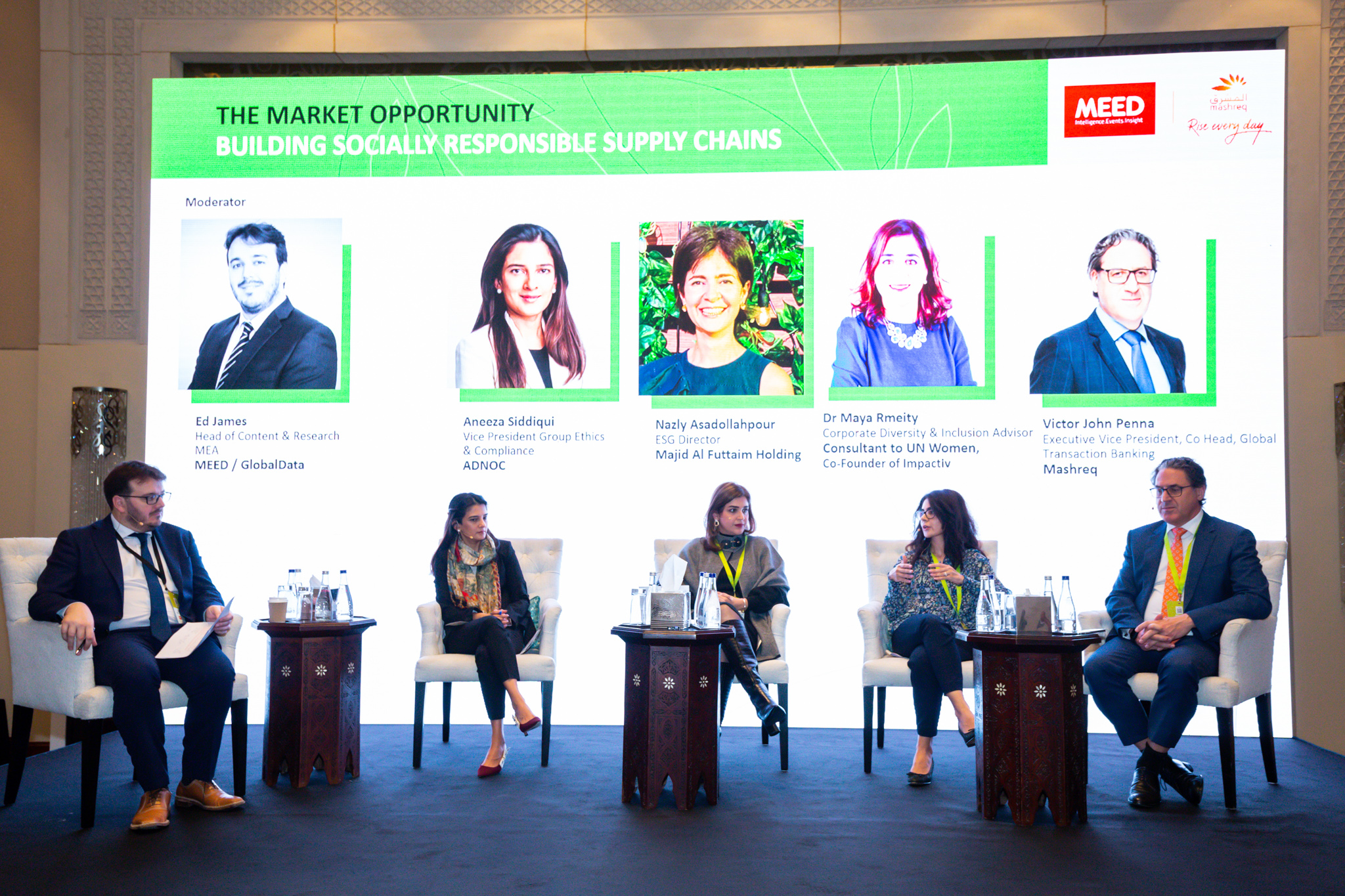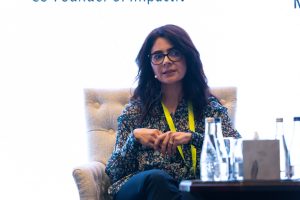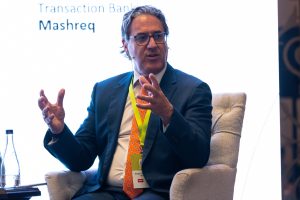Putting the S and G back into ESG

An emphasis on sustainability threatens to overshadow efforts to implement proper social and governance frameworks
Key takeaways:
- Growing diversity of workforce and global scrutiny from investors demands greater focus on social and governance principles in the GCC
- Experts recommend the implementation of “a culture of inclusive mindset over a culture of financial return in decision-making”
- Prospective hires are increasingly turning away from corporations that do not have satisfactory ESG policies in place
- Educating the local business community, especially SMEs, is essential to scale adoption of ESG-led practices
There has been an increasing focus on environment, social and governance (ESG) policies and initiatives in the GCC in recent years. Societal expectations have made it clear that governments and companies must rightly incorporate ESG practices as an inherent component of their businesses.
Yet, while the importance and subsequent adoption of ESG practices have grown, the emphasis on environmental aspects has tended to overshadow social and governance issues.
This is perhaps not surprising given the region’s dependence on energy exports. The GCC is one of the world’s highest per capita emitters of global greenhouse gases and suffers from a scarcity of natural water resources.
Official net-zero targets of 2050 in the UAE and 2060 in Saudi Arabia and Bahrain, combined with the Cop27 and Cop28 climate summits, have created the much-needed impetus for companies to act. The existential challenge that the climate crisis threatens is a further catalyst for change.
In this context, it is arguable that the social and governance aspects of ESG have not necessarily received the same level of prominence as environmental aspects have.

Nazly Asadollahpour, ESG Director at Majid al-Futtaim Holding
Historically, the focus has been impeded by the GCC’s relatively small population and the structure of the economy, making social and governance issues less salient than environmental issues.
The fact that most firms in the region are privately owned and, therefore, harder to scrutinise has been another determining factor.
But recent, highly publicised examples of failures in corporate governance, such as the NMC Healthcare collapse in Abu Dhabi and the scandal surrounding the bankruptcy of Dubai-based Abraaj Capital, have emphasised the need for companies to treat ESG more holistically.

Audience members interact during a panel discussion on social responsibility in corporate supply chains, at the inaugural MEED-Mashreq Business Leaders Forum, titled The Impact of ESG on Modern Supply Chains
There are other emerging factors as well. The region is becoming more diverse, with an increasing number of women and younger people entering the workforce. This demographic shift will likely lead to greater demand for social considerations such as gender equality and work-life balance.
Moreover, the region is becoming more integrated into the global economy, so companies and investors will face greater scrutiny from international stakeholders focusing on social and governance considerations.
ESG forum
The evolving nature of social and governance practices was the focus of discussion during a panel session at the MEED-Mashreq Business Leaders Forum.
“Companies nowadays are being frequently questioned on their ESG policies, their gender balance ratio, what do you want to be,” said panelist Aneeza Siddiqui, vice-president of group ethics and compliance at Adnoc. “These questions come from all angles, whether it’s investors, potential and current hires, or regulators.”
However, corporations need to be aware that change for change’s sake is not necessarily enough. Although there is still much progress to be made, the rapid rise of female workforce participation is a good case in point. Firms should understand that improved numbers alone are insufficient to fully embrace successful ESG frameworks.

From L-R: Ed James, Head of Content & Research MEA at MEED [Moderator]; Aneeza Siddiqui, Vice-President of Group Ethics and Compliance at Adnoc; Maya Rmeity, Diversity and Inclusion Adviser to UN Women, Board Member of the International Business Women’s Group and Co-Founder of Impactiv ME; Nazly Asadollahpour, ESG Director at Majid al-Futtaim Holding; and Victor Penna, Executive Vice-President and Co-Head of Global Transaction Banking at Mashreq
“Yet, it’s time to urgently stop framing equality around a business case. We should really think beyond that and start instilling a culture of inclusive mindset more than a culture of financial return in decision-making. Only this would guarantee a sustainable impact on our societies.”
Gender equality is just one of many issues to address. Mental health is often overlooked, as are considering and making accommodations for staff with physical or educational challenges.
Change is often initiated by a new generation of employees who insist companies incorporate best practices. Increasingly, firms are finding that prospective hires evaluate them based on their ESG policies and will decline to work for companies that do not take the issue seriously.
Embracing ESG
For some companies – especially small and medium-sized enterprises (SMEs) – coming to terms with ESG can be daunting. A lack of dedicated resources to oversee policies and a knowledge deficit on what ESG entails can sometimes mean companies fail to implement initiatives or follow up on progress.
Educating the local market is key. At times, this needs to be instigated by associated stakeholders in the value chain who can not only improve understanding but also provide incentives for proper implementation.

Victor Penna, Executive Vice-President and Co-Head of Global Transaction Banking at Mashreq
“Obviously, most of our international suppliers are on top of the ESG issue, but when it comes to local companies, they are not always familiar with the basics,” said Nazly Asadollahpour, ESG director at Majid al-Futtaim Holding.
“So, we decided in 2019 to start engaging with them and provide awareness and training, which has worked really well. In 2021, we started implementing deadlines by 2025 for them to meet certain sustainability requirements, and we are beginning to see real progress as the supply chain moves towards those goals.”
Ultimately, the business world has no choice if it wishes to remain competitive.
“The GCC is catching up with some other regions like Europe,” said Victor Penna, executive vice-president and co-head of global transaction banking at Mashreq. “Businesses will need to work towards net zero whilst also considering reporting transparency and social impacts. An industry specific approach instead of a ‘one size fits all’ will be necessary. While strong governance is essential for any sustainable business, the social elements such as labour conditions may be even more relevant for some industries. Everyone must do their part.”
To build a more sustainable future, companies must adopt a more comprehensive and balanced approach to ESG, which considers environmental, social and governance issues equally. By doing so, companies can achieve long-term success while positively impacting society and the environment.



